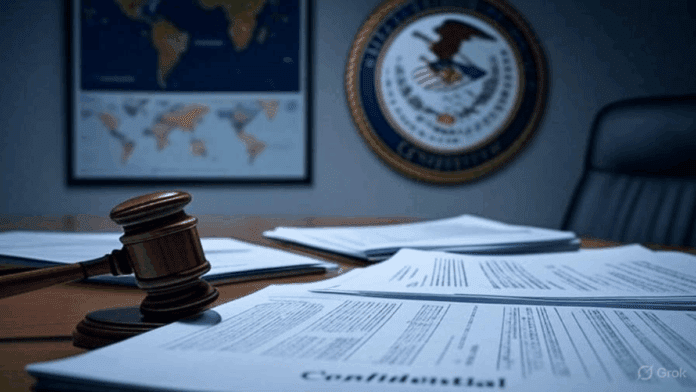Company Pays Hefty Fine After Breaking Contract Rules
A company based in Hong Kong, Schaefer Systems International Ltd. (SSI), has agreed to pay $876,000 to settle allegations that it broke U.S. contracting laws. The case involves a government contract connected to the Army and Air Force Exchange Service (AAFES) and a warehouse project for the U.S. military in South Korea.
SSI, which sells storage and warehouse systems across Asia, won the AAFES contract in 2018 to supply a pallet racking system. However, the U.S. government later discovered that the company had agreed to pay a finder’s fee to a South Korean national who helped SSI learn about the contract and assisted in securing it. This kind of payment is not allowed under U.S. procurement rules unless it is made to a bona fide employee or a properly registered agent.
Before being awarded the contract, SSI had certified that it was following the procurement integrity rules, but the intended finder’s fee was hidden from AAFES. That made the certification false, and this triggered action under the False Claims Act, which is designed to prevent fraud in government contracts.
Zelensky ally Oleksii Chernyshov banned from leaving Ukraine amid $24 million land fraud case
Discovery Through Internal Review and Voluntary Disclosure
Fortunately, the company itself uncovered the issue. SSI carried out an internal compliance review followed by an independent investigation. After realizing the mistake, SSI voluntarily disclosed the problem to the U.S. government and gave a detailed written explanation of what happened.
The company also cooperated fully with the investigation, sharing information and helping government officials understand the situation in depth. Because of this cooperation, the U.S. government gave SSI credit when determining the outcome of the case.
Brett A. Shumate, Assistant Attorney General for the Justice Department’s Civil Division, praised the decision to come forward, saying, “We will hold accountable contractors that fail to follow procurement rules, but we will also give credit to those who disclose their wrongdoing, take appropriate remedial actions, and meaningfully cooperate with the government’s investigation.”
Rahul Shah Convicted in $55M Bank and COVID Relief Fraud Scheme
Government Response and Settlement Details
Officials involved in the case made it clear that breaking rules in government contracts is a serious matter. Stanley A. Newell, Special Agent-in-Charge at the Defense Criminal Investigative Service (DCIS), said, “This civil settlement demonstrates that illicit payment schemes and kickbacks will not be tolerated. The dedicated professionals of DCIS will work tirelessly to hold those who violate the public trust accountable.”
The $876,000 settlement resolves the allegations, but it’s important to note that there has been no determination of legal liability. This means the case was settled before going to court, and there was no formal ruling on guilt.
The investigation and legal process were handled by a team from the Department of Justice’s Civil Division, specifically its Commercial Litigation Branch, Fraud Section, along with the Defense Criminal Investigative Service. The case was led by Senior Trial Counsel Andrew A. Steinberg, who managed the legal aspects on behalf of the U.S. government.
This situation shows that contractors working with the U.S. government must strictly follow procurement laws. Even if a payment seems small or harmless, it can lead to serious consequences if it violates the rules. At the same time, companies that take responsibility and cooperate can expect fairer treatment.
